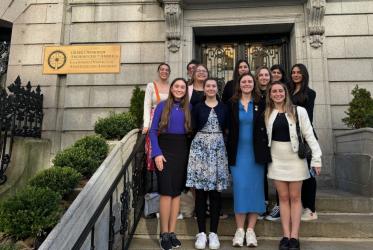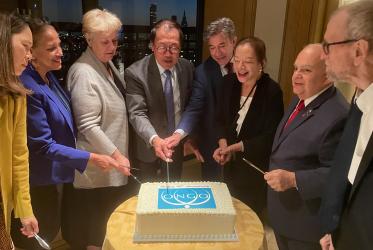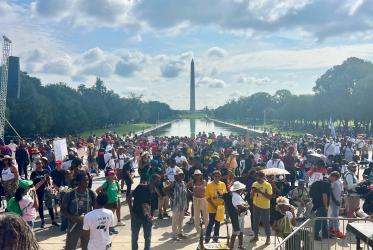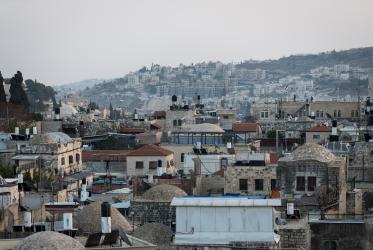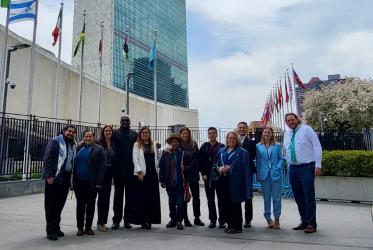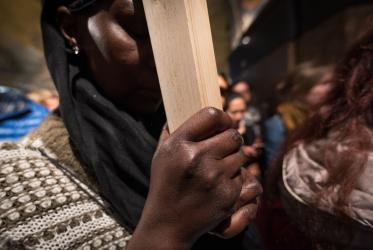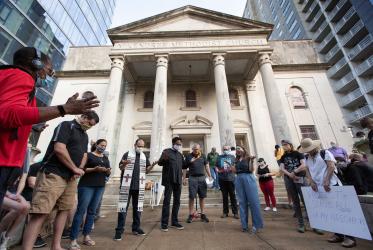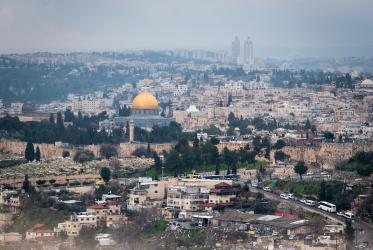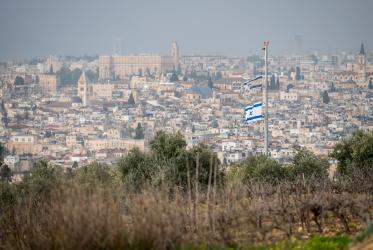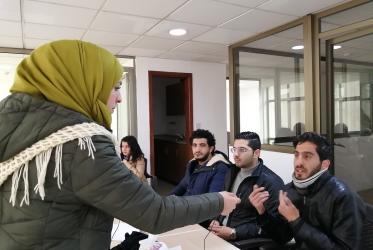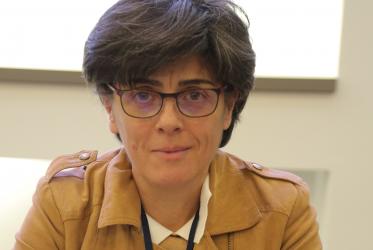Displaying 1 - 20 of 103
How do churches address racism, really?
15 February 2022
Wrestling with the racial pandemic
15 February 2022
East Jerusalem: Denied citizenship and the vote
30 March 2021
Are migrants seen and heard? Conference presses the question
19 October 2020
Global communicator Mark Beach has died
24 September 2020
Hope prevails in times of crisis in Lebanon
14 September 2020
